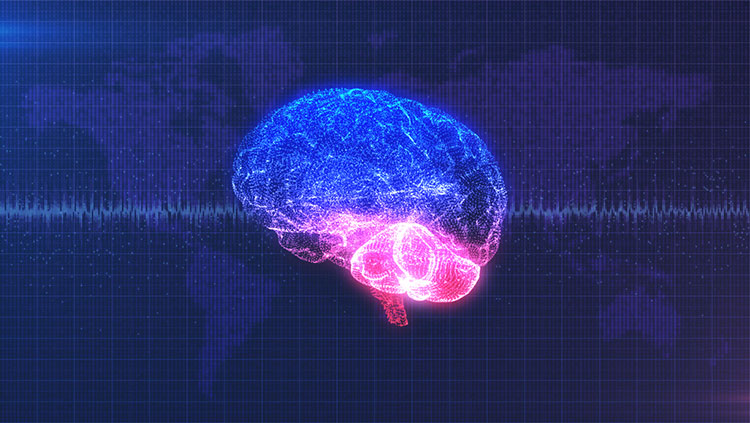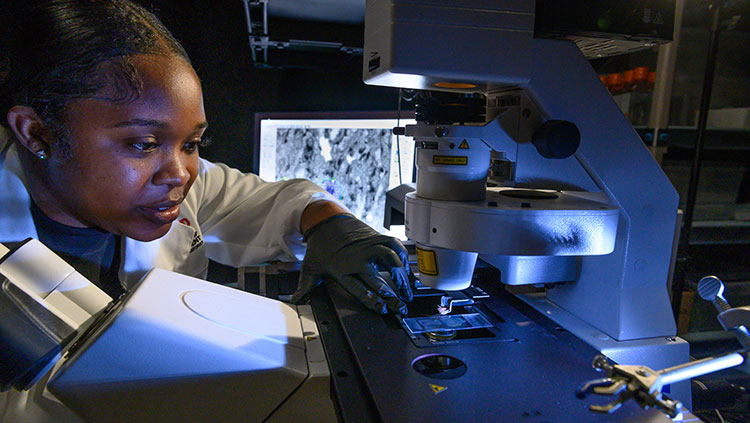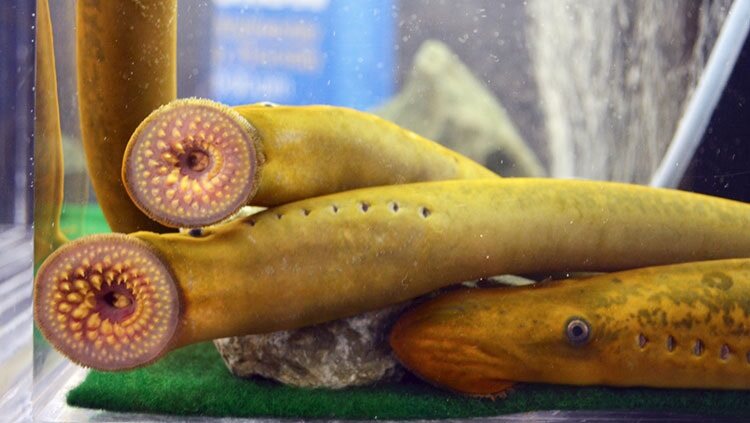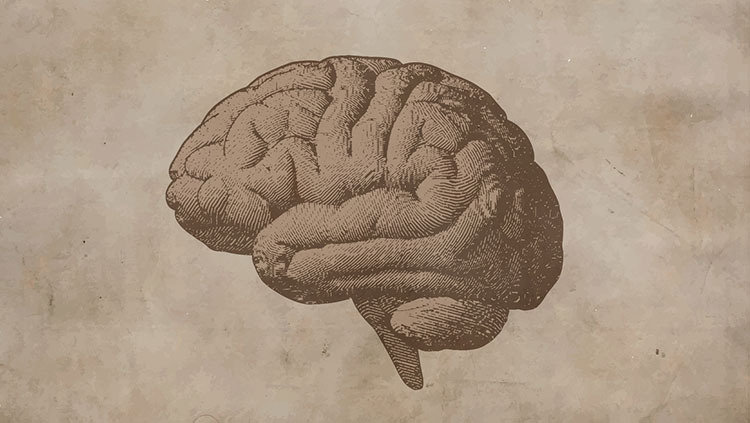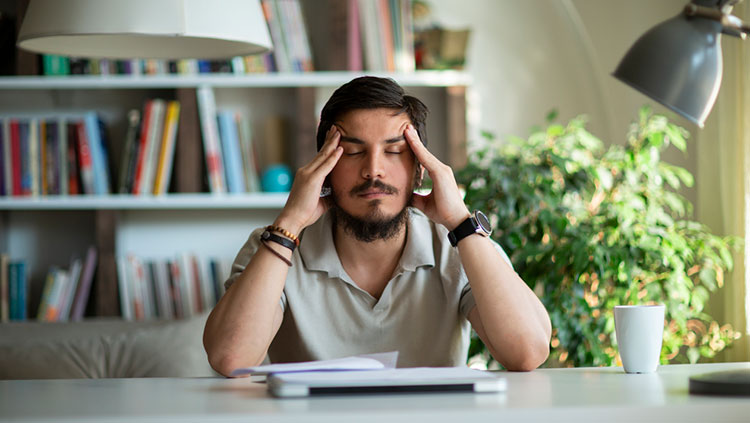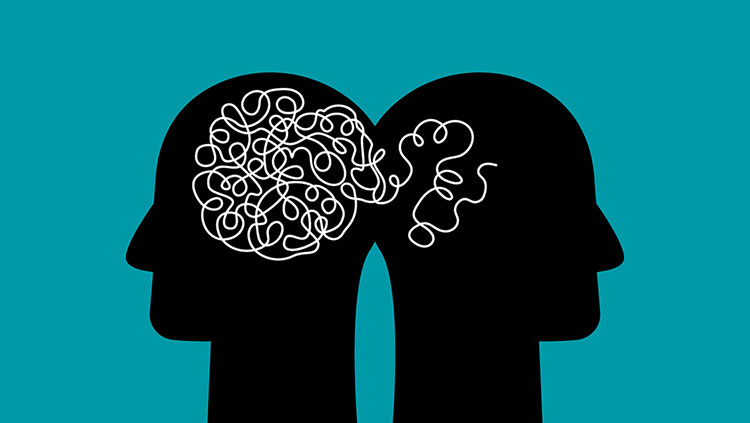ICYMI: Boosting Human Neurogenesis May Be Answer to Alzheimer’s, Study Suggests
- Published21 Dec 2023
- Author Christine Won
- Source BrainFacts/SfN
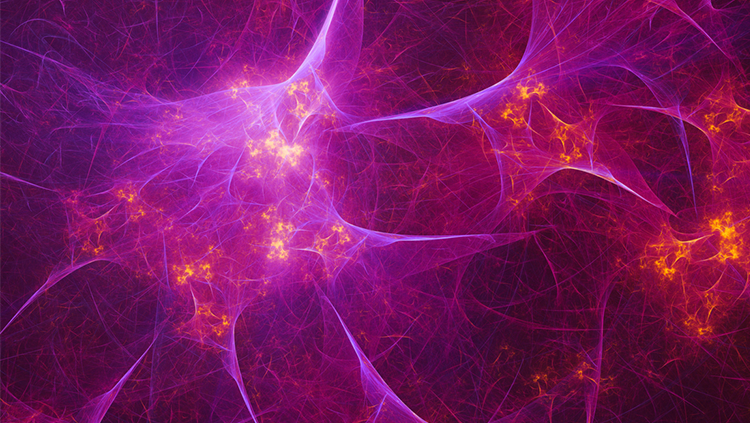
New research presented at Neuroscience 2023 tackles a decades-long controversy: whether adult human brains can birth new neurons.
Neurogenesis is the process by which new neurons form in the brain — usually early in the developing brain for humans, though mice have some brain regions like the dentate gyrus that can still generate new neurons as adults. The dentate gyrus is a part of the hippocampus and contributes to memory formation, and in mice, has been shown to generate new neurons in adulthood that help differentiate between similar memories.
As neuroscientists remain divided on adult neurogenesis in humans, research presented at the Society for Neuroscience’s annual meeting in November provided examples of young neurons in the human dentate gyrus. These findings, while not yet peer reviewed, suggest boosting neurogenesis may be a potential treatment avenue for Alzheimer's disease.
Big Picture: While scientists remain split on human neurogenesis, some drugmakers are already jumping on the idea. Earlier this year, California-based Biomed Industries announced early clinical trial results evaluating a drug that improved neurogenesis in mice, which also reportedly boosted memory in people with moderate Alzheimer's disease.
Read More: Could newborn neurons reverse Alzheimer’s? The Economist
More Top Stories
- Cancer may commandeer brain plasticity: A new study illuminates an electrochemical signaling pathway between neurons and tumor cells. STAT
- Researchers are using low-intensity focused ultrasound (LIFU), a type of noninvasive brain stimulation technique, to treat cocaine use disorder. If successful, ultrasound to essentially reset the brain may be a potential therapy option for other addiction disorders like nicotine and alcohol. The Washington Post
- What if rats can imagine? Tracking the brain activity of rats as they maneuvered a virtual reality setting showed they seemed to be thinking about or visualizing objects and locations that weren't there, using imagination. Scientific American
- Pulling an all-nighter? It may help relieve depression, at least temporarily. A study showed the brains of sleep-deprived mice released more dopamine, the neurotransmitter involved in reward and pleasure. NPR
- An experimental spinal implant helped one man with advanced Parkinson's disease walk again. PMLiVE
- A new initiative launching next year in the U.K. will reveal what happens in your brain when you gaze upon a Monet or a van Gogh. In a pilot run, viewing art lit up the same pleasure centers in the brain targeted by depression treatments. Smithsonian
- Do you get a headache after drinking red wine? A new study suggests an antioxidant called quercetin, which disrupts alcohol metabolism, may be responsible. New York Times
- A study identified which brain cells tell mice when to eat and when to stop. It may help explain human appetite and why we feel hunger pangs around mealtimes. Nature
- Prenatal exposure to the mother's voice in the womb may alter the baby’s neuronal activity to facilitate linguistic development. El Pais
- A neurotransmitter called NADA may explain the link between poor sleep and pain. Increasing NADA in sleep-deprived mice diminished their pain perception, suggesting a potential therapeutic target to break the cycle in humans. New Atlas
CONTENT PROVIDED BY
BrainFacts/SfN



